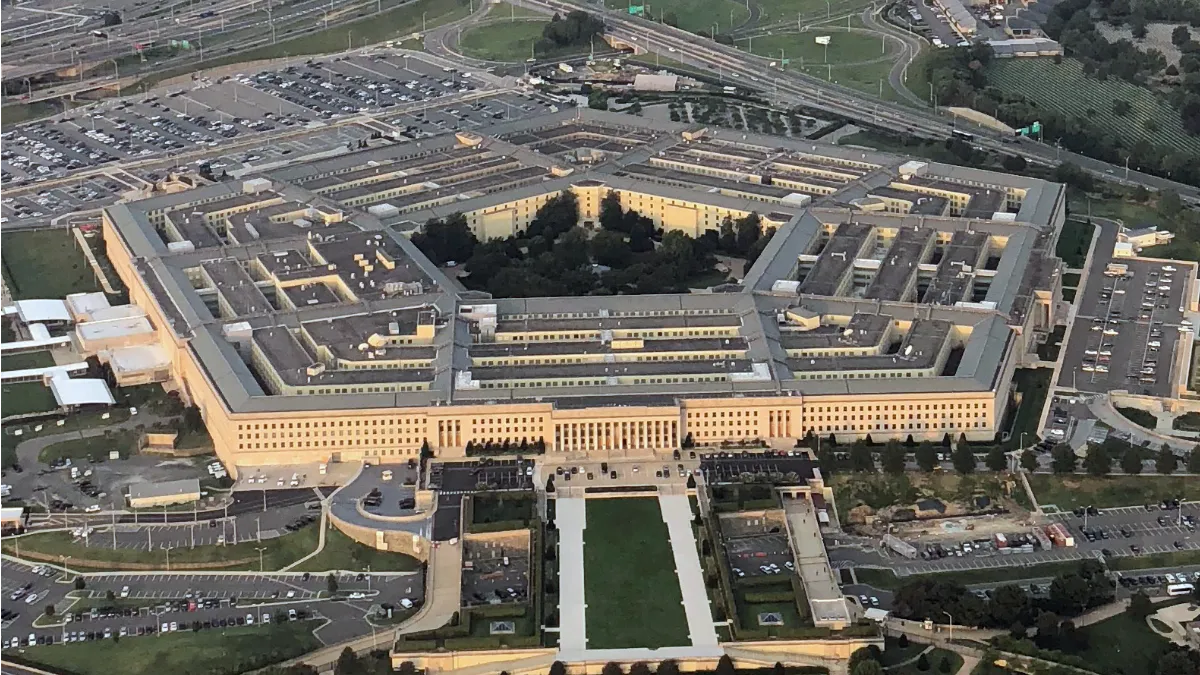UFOs and the Pentagon
Craig Shearer - 13th December 2021
NZ Skeptics occasionally received email asking about skeptical topics:

English and grammar issues aside, our correspondent is asking what we think about Unidentified Aerial Phenomena (the new term for UFOs and flying saucers).
What triggered this query was likely the recent announcement of a new intelligence group at the Pentagon. Back in June the US Office of the Director of National Intelligence (ODNI) released a report which analysed Unidentified Aerial Phenomena (UAPs).
In the July report, they categorised the phenomena into five categories:
-
Airborne clutter (birds, balloons, recreational drones, plastic bags)
-
Natural atmospheric phenomena (such as ice crystals, moisture and thermal fluctuations)
-
Industry or other government programmes
-
Foreign adversary systems
-
Other.
The “other” category is where they place everything they can’t identify, and where the uncertainty lives. The report states:
“And a Handful of UAP Appear to Demonstrate Advanced Technology”
“Some UAP appeared to remain stationary in winds aloft, move against the wind, maneuver abruptly, or move at considerable speed, without discernible means of propulsion. In a small number of cases, military aircraft systems processed radio frequency (RF) energy associated with UAP sightings.”
What they don’t do is claim there’s any evidence of extraterrestrial life visiting us.

By Touch Of Light - Own work, CC BY-SA 4.0
Last month it was announced that the Pentagon will track unexplained airborne objects through a new intelligence group.
So they’re going to provide better systems for reporting such incidents. This is a good thing. What we typically see is that when unexplained phenomena are better studied, better explanations emerge. And often, such explanations involve natural phenomena that have been mistaken for artificial objects - for example, bugs close to a lens being interpreted as distant objects moving very quickly, or commercial aircraft (as was the case with the triangular “UFOs” we’ve previously reported)..
What we’re unlikely to see is that these explanations will uncover that aliens are visiting us. I, for one, would love that to be the case. The chance to see, study, and possibly communicate with beings from elsewhere in the universe would be fascinating. But the vast distances involved, and the well-established limit the speed of light puts on travel make it extremely unlikely.
So, sorry, but while UFOs might be fun to think about, the recent developments at the Pentagon don’t change our stance that ET visiting us is unlikely. Show us some good quality evidence!